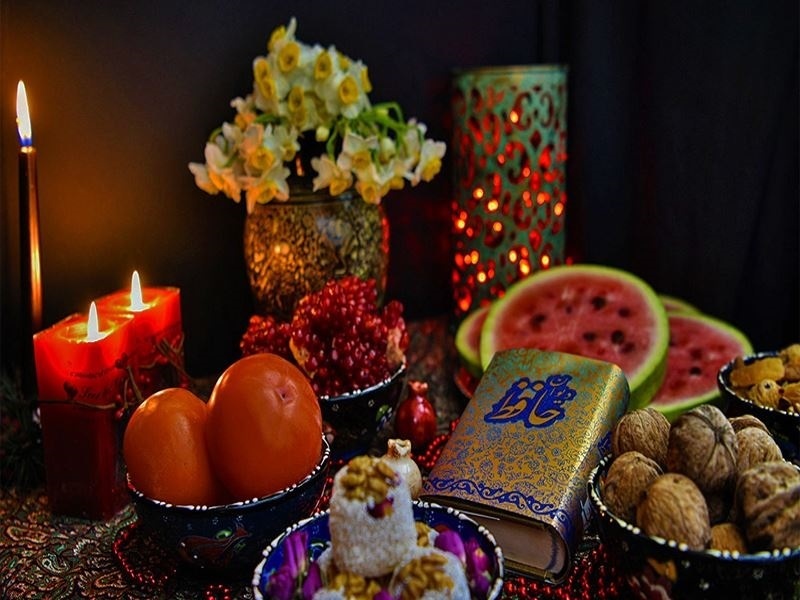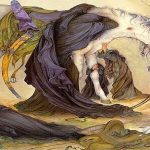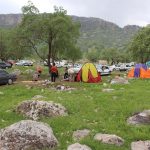Yalda Night refers to the time between sunset from Dey 30 (December 21) to sunrise on Dey 1st (December 22). Iranians and many other nationalities celebrate Yalda. Night. This night coincides with the winter revolution in the Northern Cerea, and since then the length of the day has become longer and the length of the night shorter.
ORIGIN OF YALDA NAME
The word Yalda is Syriac, meaning birth. Birth is the birth of the sun (seal / mitra). The Romans call it Natalis Annictus, the birth day of the invincible seal. Aboureihan named this celebration as Milad Akbar and referred to it as the birth of the sun.
Yalda and the festivities that take place this night are an ancient tradition. agriculture was the base of the lives of the people in the past. Throughout the year, they used to see the seasons passed and the natural contradicted. they due to the experience and the passage of time they were able to adjust their work with the sun’s rotation, the changing seasons, the shortness of day and night, the direction and motion of the stars. They noticed that in some days and seasons the days were getting too long and as a result they could use more light and sunlight in those days. It was believed that the light, and the sun’s rays were a symbol of goodwill and in struggle with the darkness of the night.
The people of antiquity, including the Aryan tribes, found that the shortest day is the last day of autumn and the first night of winter, and immediately after that the days gradually became longer and the nights shorter. So it was called the Sun’s Birth Night and even the beginning of the year. Iranians have been waking up Yalda for nearly a thousand years until dawn and entertaining each other.
Yalda Night Celebration and Traditional Habits in Iran
Yalda celebration in Iran is held with family members and relatives gathered together and gapping together. Yalda celebration is eating special nuts, watermelons, pomegranates, sweets and various fruits, which all are symbols of blessings, health, abundance and happiness Pomegranates and watermelons are also symbol of the sun at night. On this night, it is customary to read Hafiz’s book, the great Iranian poet.
In recent years, Iranian media and television have been waging various programs on this night, trying to increase people’s happiness with these fun programs and to keep this beautiful tradition alive. In addition, celebrations are held even in many parts of the city and people attend from different groups.
This post is also available in:  中文 (Chinese)
中文 (Chinese)









In one of the travels to Iran, I had a chance to be with a family during Yalda. It was amazing. poems, sweets, happiness, friendship, purity, … all perfect. never again such this feeling again